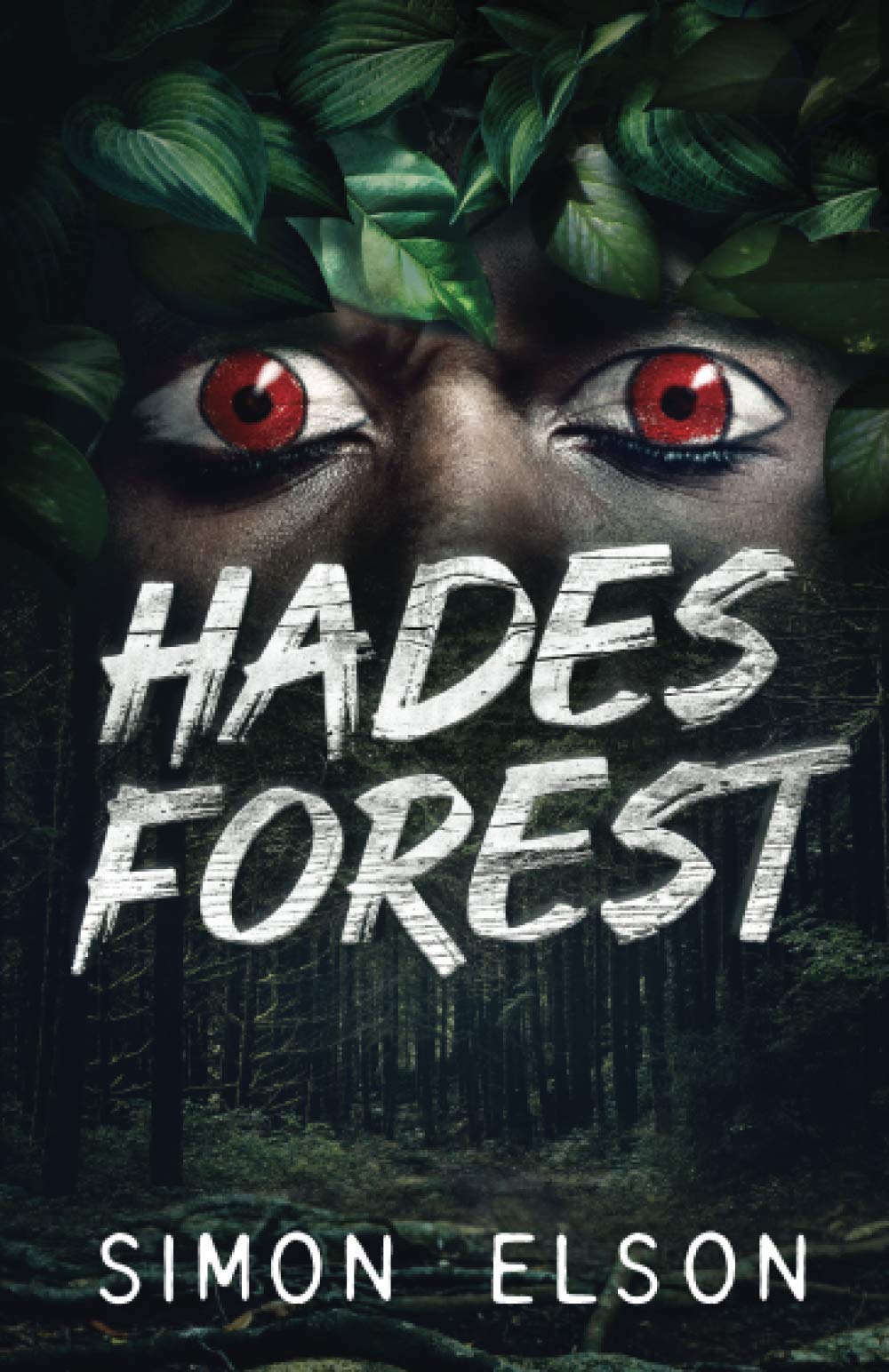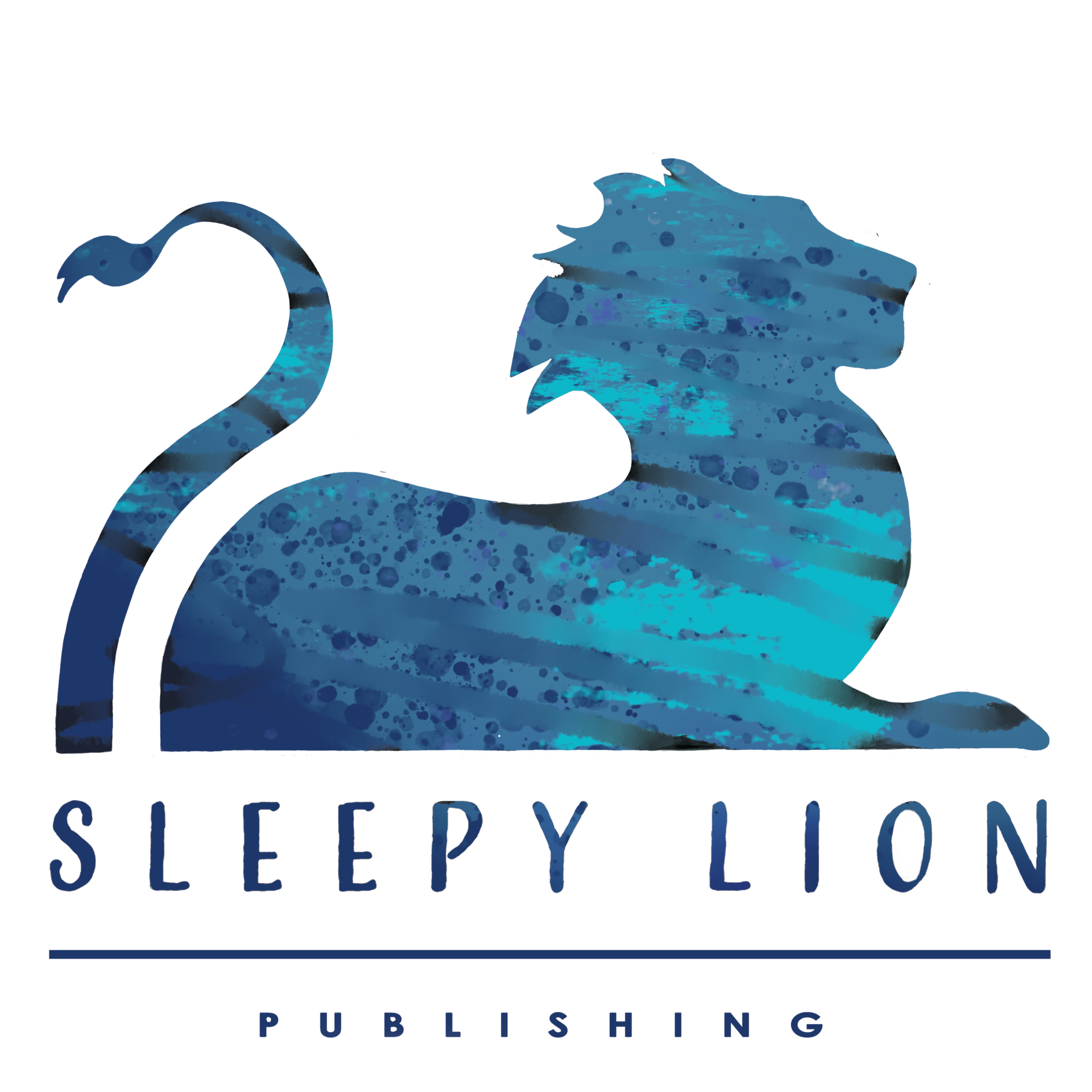Hades Forest – Simon Elson Interview by India Roberts


Cover by Donika Mishineva
Simon Elson interview by India Roberts
Writing a book is like running a business, says Simon Elson who has recently published his first novel. The author delights the zoom call with enthusiastic smiles, and he speaks confidently. “It’s a dystopian novel called Hades Forest. It follows a main character, Perry, as he tries to go against the totalitarian regime… Eventually he has to join one of five tribes and fight with them against the others.” Elson’s novel is peppered with undercurrents of mental health and climate change in the effort to “bring some 21st century elements into the story, which is what this pursuit has represented.”
This premise of modernising the dystopian genre came from boredom and hollow summer hours. “I finished my exams, and I had a lot of free time and I decided to just try a few different things… one of [which] was writing a bit of poetry, it was absolutely shocking! It was the worst stuff you’ve ever seen… but the ideas were good.” He laughs easily and admonishes his foray into poetry. The poems were vastly different, “you have to be a bit selective in finding the commonalities,” and after picking the best themes, he weaved his novel’s plot.
Fortunately, Elson’s themes were consistent, which he attributes to watching a particularly grisly show, Black Mirror. “I was absolutely fascinated by it – some of the stuff is really disturbing. It wasn’t even that I was watching it for enjoyment I was more just watching it because I was really fascinated by the stuff that was going on, even if it was a bit eerie.” Hypnotised, Black Mirror sparked Elson’s imagination and “that idea of how technology and pain can kind of overlap, and how one can supplement the other was something I wanted to play with. Therefore, in the book, technology has disastrous consequences.” This isn’t the only entertainment medium Elson has been inspired by. “I grew up reading a book series called A Series of Unfortunate Events [Daniel Handler under the pen name Lemony Snicket] and that had a really big impact on me, because I think it’s unlike any other book that I’ve read… the author has so much control over the reader.”
When asked if there was a writing style that Elson was interested in emulating, he’s quick to refute it, “I don’t try to emulate a writing style, but I am inspired by a writing style which encourages me to then create my own.” Elson is animatedly passionate about the agency that Daniel Handler holds over his readers. He feels almost incredulous and the words spill out of him, overflowing as he exclaims “the author is not writing as himself, he’s writing as a character. That concept was so, like, meta to me and I was so baffled by it as a little kid! That had a big impact on me, not that I wanted to emulate it but just that it inspired me to realise that an author can have a really big impact on the reading experience.” But when did this passion for reading melt into an appetite for writing?
Elson is a copywriter by day, but his interest didn’t begin as soon as anticipated. “Essentially I was one of those students at school; how much I enjoyed the subject was completely and entirely dependent on how much I liked the teacher.” Despite what sounds like an unfortunate mutual hostility between Elson and his teacher, he took English as an A level. “It was only once I turned 17, I’d say that I actually started writing, ever. I’d never done it before then, but I’d always read.” This novel, then, is his first chunk of creative writing. “It’s been a real battle, emotionally. And I remember when I first started writing the book… someone said, ‘once you’ve finished writing the first draft of your novel, you’re 20% done’ and I laughed.” He laughs now with nostalgic glee and admits that it was true, “In my little self-righteous, egotistical bubble, I was like ‘the fools, they don’t know what they’re talking about!’ and then I discovered that it’s absolutely the case… A lot was learned.”
I’m interested in how Elson adjusted to writing a novel. He recently appeared on a podcast, in which he said he wrote in two-hour spurts. “I do try and be quite disciplined… Writing a book is like running a business. You have to be methodical, and you have to be disciplined.” While he waits to write until the mood strikes, it strikes often, and he would watch shows to get in the mindset. “I was very focused on balancing my mental health so that I didn’t overwhelm myself, and therefore burnout.” We agree that creativity only thrives when you allow it to bloom, rather than chaining a pen to your hand and wrenching out words. After all, “the point is enjoyment, right?”
Following Elson’s quest of modernisation, I ask him about political influences. “I’m not immensely political, and there certainly isn’t a political message in my book… I think that enabled me to write about [climate change and mental health] more fluidly, because I was able to maintain an objectivity in the way I approached the subject.” He also feels that including too much political message could alienate readers, and so “the main character, Perry, himself is intrinsically unpolitical… he almost stumbles into radicalism.”
It’s apparent in the first few chapters of Hades Forest that Elson finds allure in the mundanity of life. What is it that intrigues him about the marriage of the mundane and action? He muses for a while. “There’s beauty in the most mundane of things… one of my favourite TV shows is the UK version of The Office – nothing remarkable goes on. It’s very plain and simple, but that’s where the beauty comes from… I try to live my life in a way that does appreciate the mundanity.” The marriage between the mundanity and the action within Elson’s novel is also about what he’s comfortable writing.
“The reason that my book leans towards action perhaps stems from insecurity… I was aware that I don’t have the emotional experience or depth that other writers do. I wasn’t sure whether I could delve deep into emotions for an entire novel.” Does he think an author needs experience in an issue to be able to write about it? “Not experience but a perspective… I was all too aware that there are certain emotions that I don’t even have a perspective on.” He says this with an emotional maturity that contradicts his words, but because of this insecurity he found it harder to write the chapters that were slower, “it’s less immediately accessible,” and relished the action more.
The rise in self-publishing has been enormous, and Elson says the benefits are bountiful. “I’m a bit of a control freak. And it’s my baby! It’s my child, it’s something that I’ve created.” With self-publishing, the control is yours. “It was a strategic decision in that I work full time for a marketing company.” This is proven by a dynamic video trailer. “I’m so proud of it. It’s really impressive stuff!” And it is impressive, a camera weaving through a simulated world nestled inside the pages of a book. Working with smaller creatives was important to Elson, especially his editor. “[We’re] both young people trying to make a start in life and be successful.” Creative ownership is something Elson feels may have been lost through a publishing house. “If I make a success of it, I think it will feel that much better.”
Elson’s plans to develop Hades Forest into a trilogy are underway. He’s inspired by J. K. Rowling’s Harry Potter, vowing to read it every summer. “The reason it’s such a triumph is because she knew [what was going to happen]. That’s kind of what makes it such a beautiful jigsaw puzzle.” Influenced by this, Elson planned the trilogy before writing even the first book, to “maintain that the law, the rules in this fictional society were consistent throughout.” How much did the plot change from when he started writing it? “The middle changed, but the beginning and end didn’t… I kept going back and saying no, less action, more emotional depth, and I’ve tried to get a 50/50 balance,” to make the book accessible to more people.
As we draw to a close, I ask Elson what writing a book has done for his personal growth. He ruminates and thoughts seem to rumble in his head. “When I came up with the ideas for the book, I was always in nature… I would see a bird and suddenly think ‘oh yes, this character needs to die’. But now my brain has kind of drawn this affiliation between nature and good stuff?” He seems perplexed by the realisation and scoffs at himself but says “I’m now a lot more appreciative of nature as a result of my writing.” The magic of words!
Elson’s book, Hades Forest, is available to buy now on Amazon. You can also find him on his website, and LinkedIn. After you read his book, let us know what you think!
Finally, if you would love to hear more about India Roberts, then make sure to check our her Blog and Linkedin Pages!
If you have enjoyed this interview and wish to see more, than make sure to keep updated through our social media page and on this website for more free exclusive content! Additionally, make sure to check out our Books page!
As always, please feel free to comment and share.

0 Comments